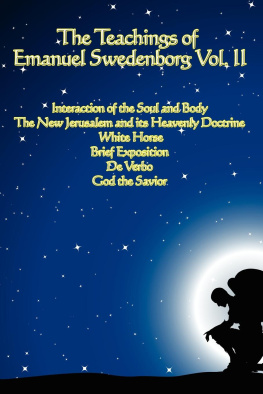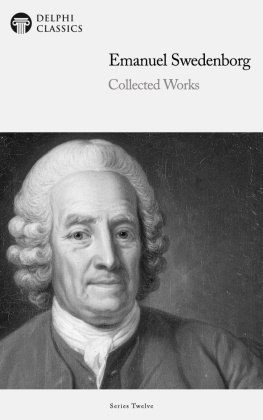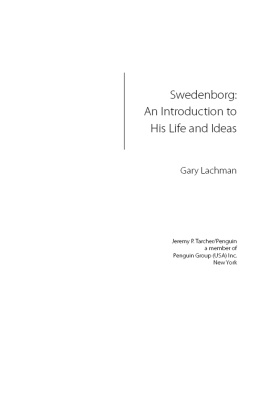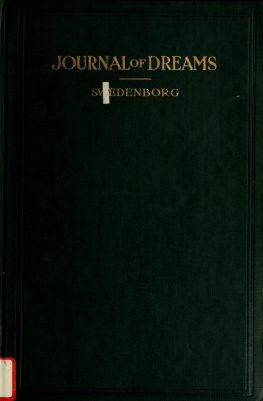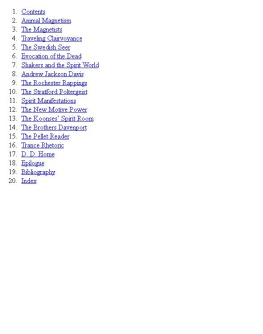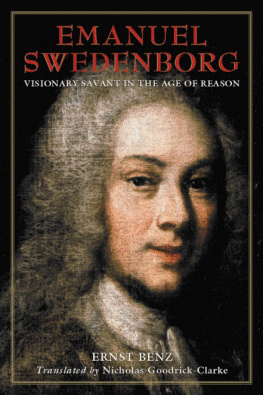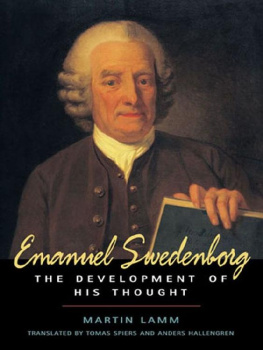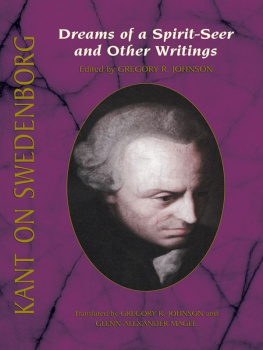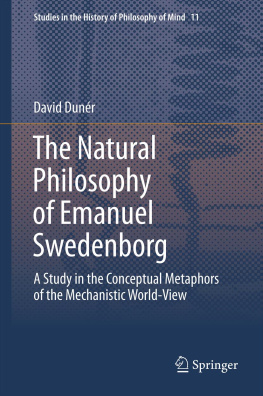White Horse
THE WHITE HORSE mentioned in THE APOCALYPSE CHAPTER 19 In the Apocalypse of John the Word is thus described as to its spiritual or internal sense: I saw heaven opened, and behold a white horse, and He that sat upon him was called faithful and true, and in justice He doth judge and make war. His eyes were as a flame of fire; and upon His head were many diadems; and He hath a name written that no one knew but He Himself. And He was clothed with a vesture dipped in blood; and His name is called the Word of God. And the armies which were in the heavens followed Him upon white horses, clothed in fine linen white and clean. And He hath upon His vesture and upon His thigh a name written, King of kings and Lord of lords (19:11-14, 16). No one can know what each of these expressions involves, except from the internal sense. It is manifest that every expression is in some respect representative and significative: as when it is said, that "heaven was opened;" that there was "a white horse;" that "there was One sitting upon him;" that "in justice He doth judge and make war;" that "His eyes were as a flame of fire;" that "on His head were many diadems;" that "He had a name that no man knew but He Himself;" that "He was clothed with a vesture dipped in blood;" that "the armies which were in heaven followed Him upon white horses;" that "they were clothed in fine linen white and clean;" and that "on vesture and on His thigh He had a name written." It is expressly said, that it is "the Word" which is here described, and the Lord who is the Word; for it is said, "His name is called the Word of God;" and afterwards, "He hath on His vesture and on His thigh a name written, King of kings and Lord of lords." From the interpretation of each, expression it evidently appears, that the Word is here described as to its spiritual or internal sense. By "heaven being opened" is represented and signified, that the internal sense of the Word is seen in heaven, and thence by those in the world to whom heaven is opened. "The horse," which was white, represents and signifies the understanding of the Word as to its interiors; that this is the signification of "a white horse," will be shown presently. That "He that sat upon him" is the Lord as to the Word, thus the Word, is manifest, for it is said, "His name is called the Word of God;" who, from good, is called "faithful and judging in justice;" and from truth, is called "true, and who maketh war in justice;" for the Lord Himself is justice. "His eyes, as a flame of fire," signify the Divine truth, from the Divine good of His Divine love. "The many diadems upon His head," signify all the goods and truths of faith. "Having a name written that no one knew but He Himself," signifies that the quality of the Word in the internal sense is seen by no one but Himself, and those to whom He reveals it. "Clothed in a vesture dipped in blood," signifies the Word in the letter, to which violence has been offered. "The armies in the heavens which followed Him upon white horses," signify those who are in the understanding of the Word as to its interiors. "Clothed in fine linen, white and clean," signify the same persons in truth from good. "Upon His vesture and upon his thigh a name written" signifies truth and good, and their quality. From these particulars, and from those which precede and follow in that chapter, it is evident, that therein is predicted, that about the last time of the church the spiritual or internal sense of the Word would be opened; but what would come to pass at that time, is also described there (verses 17-21). That this is the signification of the words mentioned, it is unnecessary to prove in this place, as they are particularly explained in The Arcana Coelestia; where it is shown, That the Lord is the Word, because He is the Divine truth (n. 2533, 2803, 2884, 5272, 7835). That the Word is the Divine truth (n. 4692, 5075, 9987). That because the Lord is justice, therefore it is said, that "He who sat upon the horse in justice doth judge and make war;" and that the Lord is called "justice" for this reason, because of His own power He has saved the human race (n. 1813, 2025-2027, 9715, 9809, 10019, 10152). And that "justice" is the merit which belongs to the Lord alone (n. 9715, 9979). That "His eyes, as a flame of fire," signify the Divine truth from the Divine good of the Divine love, is, because "the eyes" signify the understanding and the truth of faith (n. 2701, 4403-4421, 4523-4534, 6923, 9051, 10569); and "a flame of fire" signifies the good of love (n. 934, 4906, 5215, 6314, 6832). That "the diadems which were upon His head" signify all the goods and truths of faith (n. 114, 3858, 6335, 6640, 9863, 9865, 9868, 9873, 9905). That "He hath a name written which no one knew but He Himself," signifies that the quality of the Word in the internal sense is seen by no one but Himself, and those to whom He reveals it, is because "a name" signifies the quality of a thing (n. 144, 145, 1754, 1896, 2009, 2724, 3006, 3237, 3421, 6674, 9310). That "clothed in a vesture dipped in blood," signifies the Word in the letter, to which violence has been offered, is because "a vesture" signifies truth because it clothes good (n. 1073, 2576, 5248, 5319, 5954, 9212, 9216, 9952, 10536); especially truth in the ultimates, thus the Word in the letter (n. 5248, 6918, 9158, 9212); and because "blood" signifies violence offered to truth by falsity (n. 374, 1005, 4735, 5476, 9127). That "the armies in heaven followed Him upon white horses," signify those who are in the understanding of the Word as to its interiors, is because "armies" signify those who are in the truths and goods of heaven and the church (n. 3448, 7236, 7988, 8019). And "a horse" signifies the understanding (n. 3217, 5321, 6125, 6400, 6531, 6534, 7024, 8146, 8318). And "white" signifies truth which is in the light of heaven, consequently interior truth (n. 3301, 3993, 4007, 5319). That "clothed in fine linen white and clean," signifies the same persons in truth from good, is because "fine linen," or "linen," signifies truth from a celestial origin, which is truth from good (n. 5319, 9469). That "a name written upon the vesture and upon the thigh," signifies truth and good, and their quality, is because "a vesture" signifies truth, and "a name" quality, as observed above, and "the thigh" signifies the good of love (n. 3021, 4277, 4280, 9961, 10485). "King of kings, and Lord of lords," is the Lord as to the Divine truth and as to the Divine good; the Lord is called "King" from the Divine truth (n. 3009, 5068, 6148). And He is called "Lord" from the Divine good (n. 4973, 9167, 9194). Hence it appears what is the quality of the Word in its spiritual or internal sense, and that there is no expression therein which does not signify something spiritual, that is, something of heaven and the church.
In the prophetical parts of the Word mention is very often made of the horse, but heretofore no one has known that "a horse" signifies the understanding, and his "rider" one who is intelligent; and this possibly, because it seems strange and wonderful, that by "a horse" such a thing should be meant in the spiritual sense, and thence in the Word. But nevertheless that it is so, may evidently appear from many passages therein; some of which only I will here adduce. In the prophecy of Israel, it is said of Dan: Dan is a serpent upon the way, an arrow-snake upon the highway, that biteth the horse's heels, so that his rider shall fall backward (Gen. 49:17, 18). No one can understand what this prophecy concerning one of the tribes of Israel signifies unless he knows what is signified by "a serpent," and what by "a horse" and his "rider;" everyone, however, knows that there is something spiritual involved therein; what therefore each expression signifies, may be seen in The Arcana Coelestia (n. 6398-6401), where this prophecy is explained. In Habakkuk: O God, Thou didst ride upon Thy horses. Thy chariots are salvation. Thou didst tread in the sea with Thy horses (Hab. 3:8, 16). That "horses" here signify what is spiritual, is evident, for they are said concerning God; in any other sense, what could be meant by saying, that "God rides upon His horses, and that He treads upon the sea with horses?" In like manner in Zechariah: In that day, there shall be upon the bells of the horses, holiness unto Jehovah (Zech. 14:20). In the same: In that day, saith Jehovah, I will smite every horse with astonishment, and his rider with madness; and I will open Mine eyes upon the house of Judah, and will smite every horse of the people with blindness (Zech. 12:4). It treats there of the vastation of the church, which takes place when there no longer remains the understanding of any truth; and which is described thus by "the horse and his rider;" what else could be the meaning of "smiting every horse with astonishment," and of "smiting the horse of the people with blindness"? What has this to do with the church? In Job: God hath caused her to forget wisdom, neither hath He imparted to her intelligence: what time she lifteth up herself on high, she scorneth the horse and his rider (39:17-19 seq.). That "the horse" here signifies the understanding, is manifestly evident. In like manner in David, where it is said: He rideth upon the word of truth (Ps. 45:4). And in many other passages. Moreover, who can know the reason why Elijah and Elisha were called "the chariot of Israel and the horsemen thereof;" and why "the boy of Elisha saw the mountain full of horses and chariots of fire;" except it be known what is signified by "chariots," and what was represented by "Elijah and Elisha"? For Elisha said to Elijah: My father, my father, the chariot and horsemen 2-1 of Israel and the horsemen thereof (2 Kings 2:11, 12). And Joash the king said to Elisha: My father, my father, the chariot of Israel and the horsemen thereof (2 Kings 13:14). And, speaking of the boy of Elisha, it is said: Jehovah opened the eyes of the boy of Elisha, and he saw and behold the mountain was full of horses and chariots of fire round about Elisha (2 Kings 6:17). The reason why Elijah and Elisha were called "the chariot of Israel and the horsemen thereof," is because they both represented the Lord as to the Word, and "a chariot" signifies doctrine from the Word, and "horsemen" intelligence. That "Elijah" and "Elisha" represented the Lord as to the Word, may be seen in The Arcana Coelestia (n. 5247, 7643, 8029, 9327). And that "chariots" signify doctrine drawn from the Word (n. 5321, 8215).

